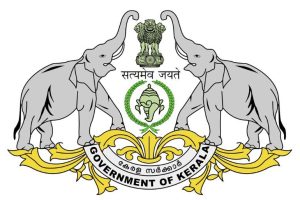In a recent lecture, psychologists examined whether common maternal advice on happiness—“get married, make money, have children”—holds up under scientific scrutiny. The findings highlight nuanced outcomes; while parts of the advice find support, others prove more conditional.
Marriage: Not Always the Golden Ticket
On average, married individuals report higher levels of happiness than their unmarried counterparts. But experts emphasize that marriage quality is the real determinant: a healthy, stable partnership can boost well-being, while a troubled marriage may diminish it.
Money’s Role: Necessary but Limited
Financial resources do correlate with happiness, especially for those with lower incomes, since money helps meet basic needs. However, past a certain threshold, more money has diminishing returns. Studies suggest that social connections often contribute more to mood than large income gains.
Children: A Mixed Outcome
While many parents speak of their children as life’s greatest joy, research suggests that parenting can temporarily reduce overall happiness—particularly during early years, for single parents, or when stress is high. Still, long term emotional rewards often offset early strains, especially for older or more stable households.
The overarching message: happiness is not solely determined by following mom’s formula. Context, relationship health, and personal values play central roles. Some ancient wisdom holds true, but in life’s complexity it must be applied with nuance.















